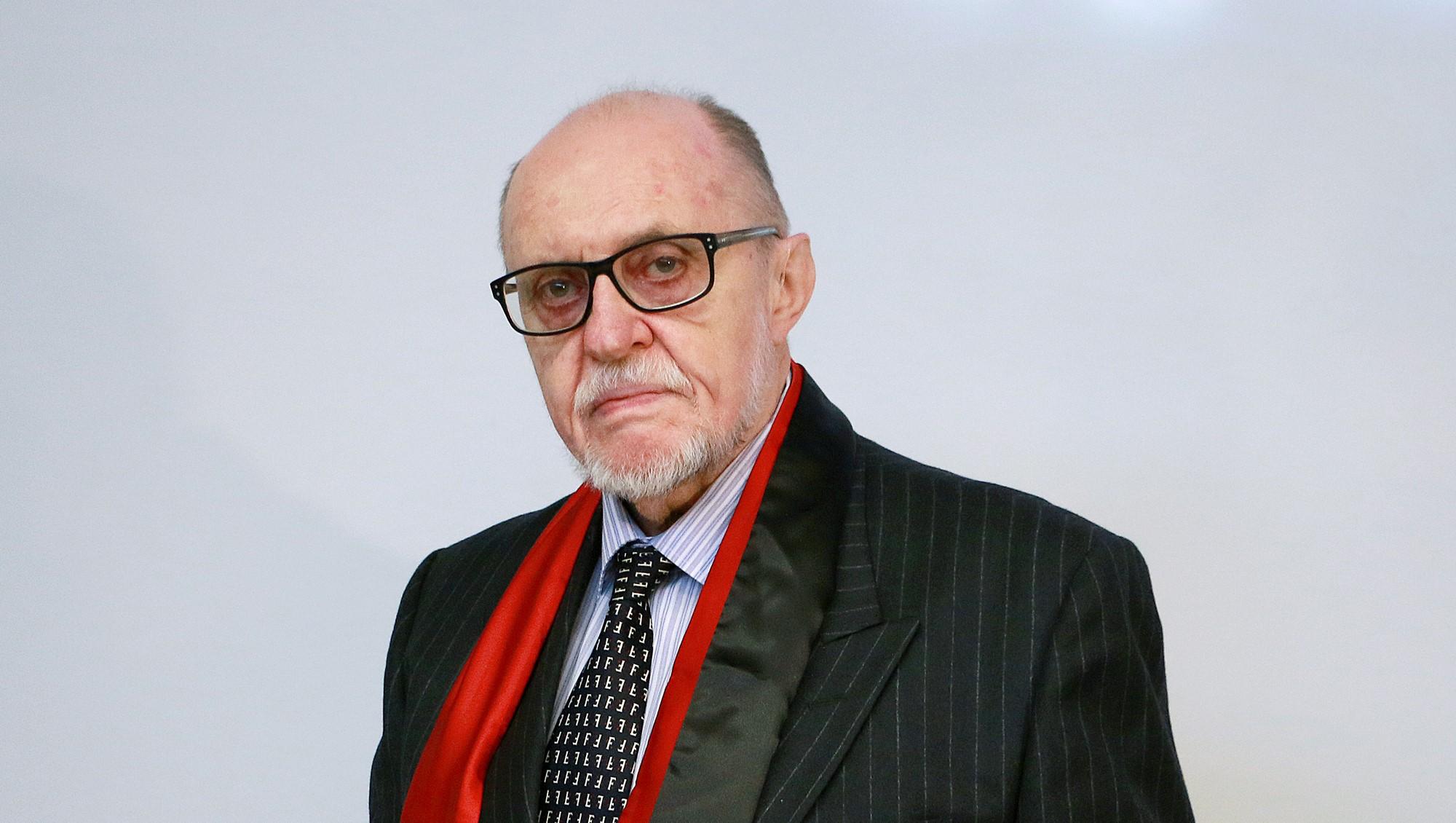Honorary Doctor Boris Uspensky and Estonia

In 2016, Boris Uspensky was named Honorary Doctor of Tallinn University. Mihhail Trunin asked him about his previous journeys to Estonia and cooperation with locals.
Boris Uspensky (b. 1937) is one of the most outstanding scholars in semiotics, slavistics and general linguistics of our time. With his close friend and co-author Yuri Lotman, he was one of the founding members of Tartu-Moscow School of Semiotics. He is Professor emeritus of the Naples Oriental University and Full professor at the Russian National Research University Higher School of Economics.
Boris Uspensky admits he does not follow modern semiotics research. “It ruins my mood, I prefer to work on my own ideas,” he says and adds that most current research creates theory for the sake of theory. At the same time, he finds Meyer Schapiro’s work on visual arts and Roman Jakobson’s articles semiotical: “These researchers might not have used our terminology, but they did what we tried to do: they say the symbolic nature of the object.”
Uspensky believes that current semioticians, especially those in Northern America, are not interested in the symbolic nature of the object, but rather the language of describing the object. “I have no idea how to use such language in practice,” he adds bitterly.
He feels French semioticians are even worse off, as they seem to be ideologically seized.
You had a good relationship with Yuri Lotman. Did you see him as your Estonian colleague?
My friend Yuri Lotman lived in Estonia and devoted his life to the University of Tartu, but I did not see him as an Estonian colleague. He was a person of Russian culture. I was very sad to see that the plaque marking his home at Burdenko Street (currently Veski Street. – Ed.) was in Estonian and English, but not in Russian.
There were also some Estonian colleagues. I remember Pent Nurmekund, who was a very open person. During the 1960s, as we were planning to open a semiotics laboratory, I worked closely with Huno Rätsep. We were good colleagues, but did not have any relationship outside the office.
When was your first visit to Estonia?
It was in 1953, I came here with my mother and my older brother. I remember it well, as it was at the time Lavrenti Beria was arrested. We went to Tallinn, Pärnu, Viljandi and Tartu. I liked Tartu the least back then. My opinion about Tartu changed later, when I met Yuri Lotman and started participating in the academic life.
What was your professional and personal relationship with Yuri Lotman?
When we met in 1964, I did not research history. I was only interested in it as a hobby. My only research interest was structural linguistics. Meeting Yuri Lotman, however, pushed me toward history as a science. He also invited me to give lectures in Tartu.
The series of lectures I gave in 1966 was especially important to me. At the time, I had never given lectures before, so it was very difficult for me. Half of the course was on linguistics, the other half on poetics. Some of the poetics was later published as “A Poetics of Composition”, and the linguistics part was the basis for an article on the grammar of the talker and the listener.
I spent nearly all of the rest of my life giving lectures and find it very useful. If you work with the audience, you have to prepare for questions you would never face working alone in an office.
When it comes to me and Yuri Lotman as people, I always felt that he took care of me as the older and more experienced researcher. I saw him as a young person sees and older one, but at the same time felt free and natural. We could mock each other, but at the same time finish each others’ sentences.
We co-authored many articles; it was very easy to work in the same room. It often happened that we had to work from a distance, but there was no harmony then.
In the beginning of this year, Tallinn University Press published your correspondence with Yuri Lotman. What is it about and what is the value in such a book?
To me, this is a very important book, and I am very thankful to Tallinn University Press. I have never kept a diary, but our correspondence depicts the lives we lived then.
In addition, this book is a very good encyclopaedia for the 1960s-1980s: our letters mention many interesting facts and names. All letters have received wonderful comments from the editors.
The book is not only valuable to the researchers of Soviet culture and literature, but also to the people who are simply interested in these times. The book gives an overview of how Yuri Lotman lived and worked, it is a chronicle of his life and creation.
Interviewed by Mihhail Trunin


